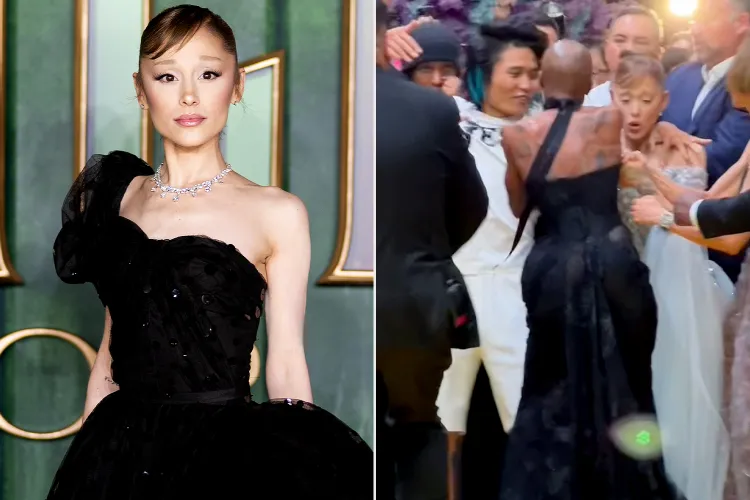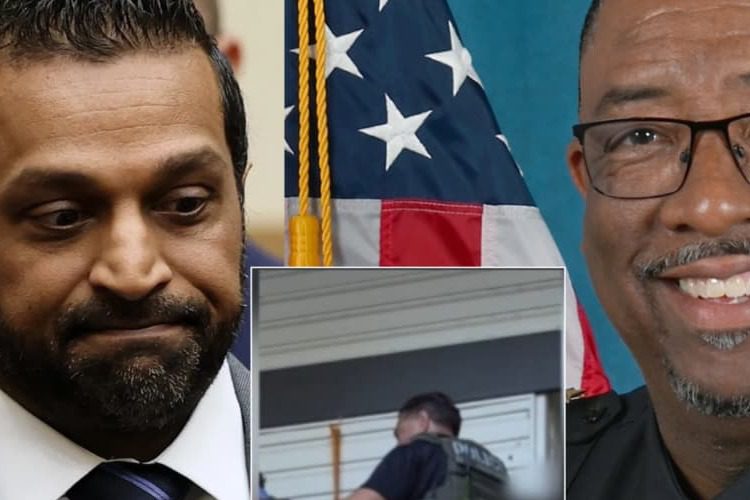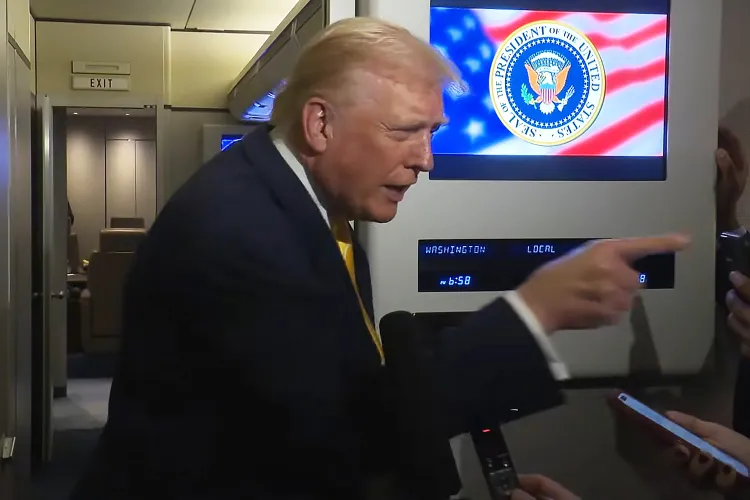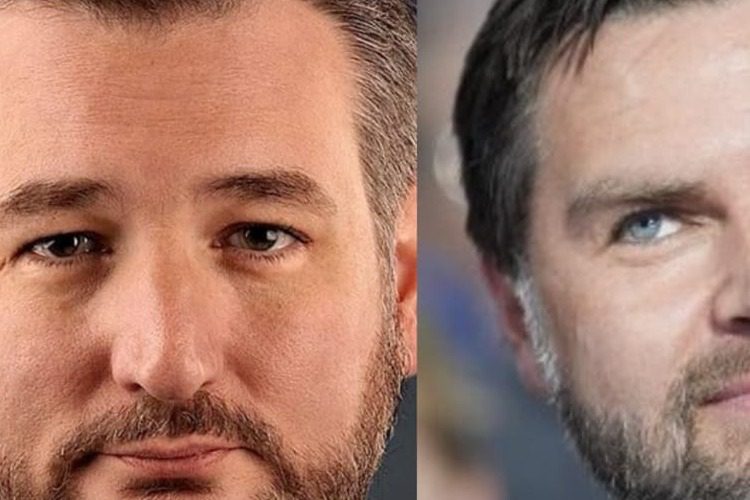Chaos on the ‘Wicked’ Red Carpet: Man Who Grabbed Ariana Grande in Singapore Sentenced to 9 Days in Jail After Frightening Premiere Incident
For most of the world, the Singapore premiere of Wicked: For Good was a jewel-box Hollywood moment — a glittering red carpet, violet floral installations, emerald gowns, flashbulbs, and a cast of international stars gathered to celebrate one of the year’s most anticipated films. For Ariana Grande, it was supposed to be a triumphant appearance, her first major global premiere since taking on the role of Glinda in the long-awaited musical adaptation. Instead, the moment was violently disrupted when a man broke past security barriers and rushed toward her, grabbing her before being pulled away by security. Now, that man has been sentenced to nine days in jail in Singapore, closing at least one chapter of a moment Ariana and those around her have described as both startling and deeply unsettling.
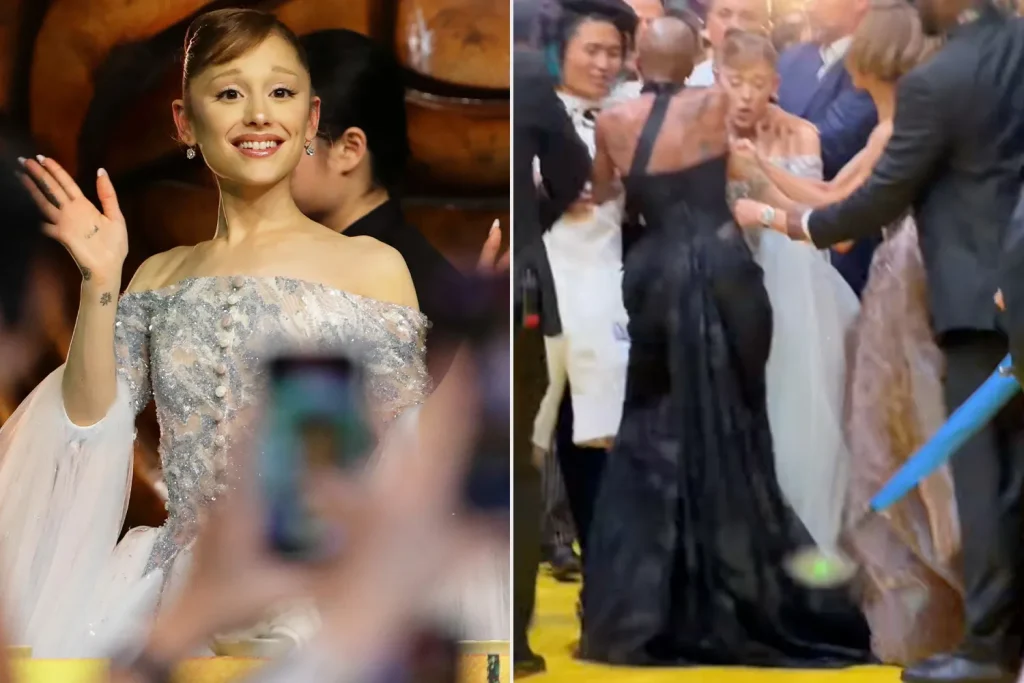
The incident happened within seconds, but it played out in front of cameras, onlookers and guests who had been watching Grande pose for photos alongside her co-star Cynthia Erivo. Video circulating online, verified by outlets including People, shows the man approaching with surprising speed, bypassing at least one security guard and reaching Ariana before anyone realized what was happening. In the footage, Grande appears startled and tense, grabbing onto the arm of someone next to her as handlers and event staff intervene. A bodyguard immediately forcefully separates the man from her, and within another second, multiple security personnel pull him backward and off the carpet.
Witnesses later described the moment as “shocking,” “sudden,” and “unlike anything they expected at an event this controlled.” Singapore is known globally for strict public conduct laws and exceptionally tight event security. That only made the incident more jarring — if such a breach could occur there, many wondered, what could happen in less controlled environments?
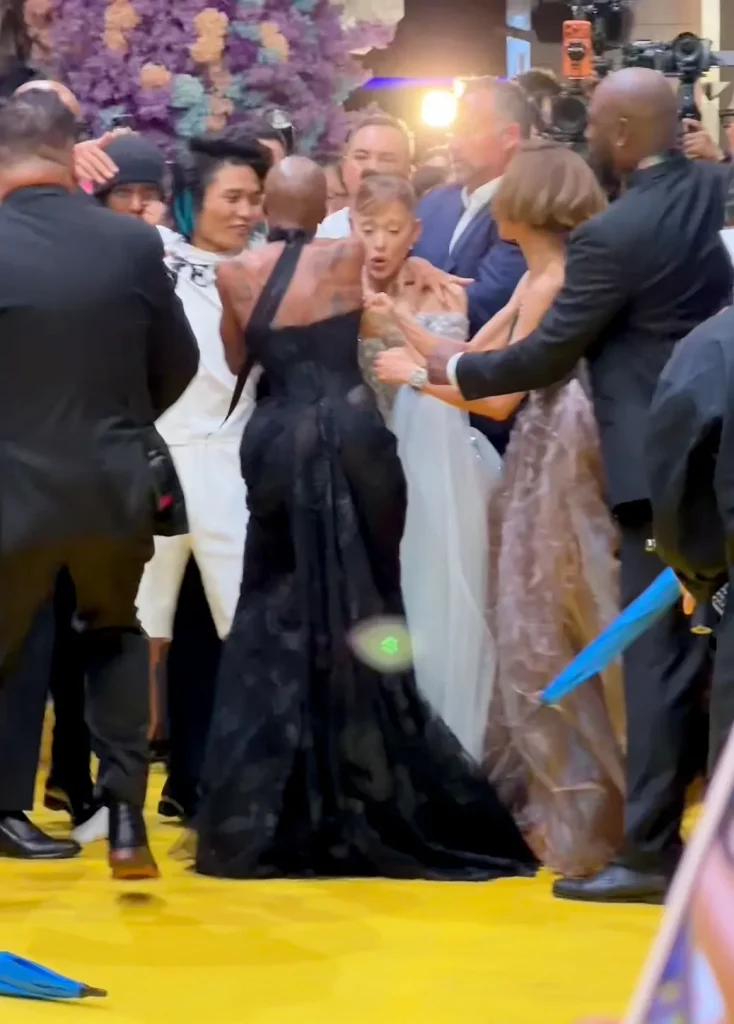
Court documents released this week identify the man only as a foreign national in his late 20s. Under Singaporean law, full identification in such cases is sometimes withheld publicly depending on legal context and nationality agreements. What has been confirmed is that he was not affiliated with the event, was not a credentialed guest, and did not present a weapon. Prosecutors stated that he “charged forward and placed his hands on Ms. Grande’s upper arm, refusing to immediately release her.” He was taken into custody within minutes and charged under Singapore’s penal code for voluntarily causing wrongful restraint — a charge that covers non-consensual physical contact under aggressive circumstances.
During proceedings, prosecutors stressed the importance of deterrence, citing both the high-profile nature of the event and the need to reinforce Singapore’s legal framework protecting public safety. Defense arguments, according to public filings, centered on claims that the man had acted impulsively out of excitement, with no malicious intent. The judge acknowledged the lack of a weapon and the defendant’s immediate cooperation once detained, but rejected the idea that emotional impulse excused physical violation, noting that celebrities have the same legal right to bodily safety as anyone else. He imposed a nine-day custodial sentence.
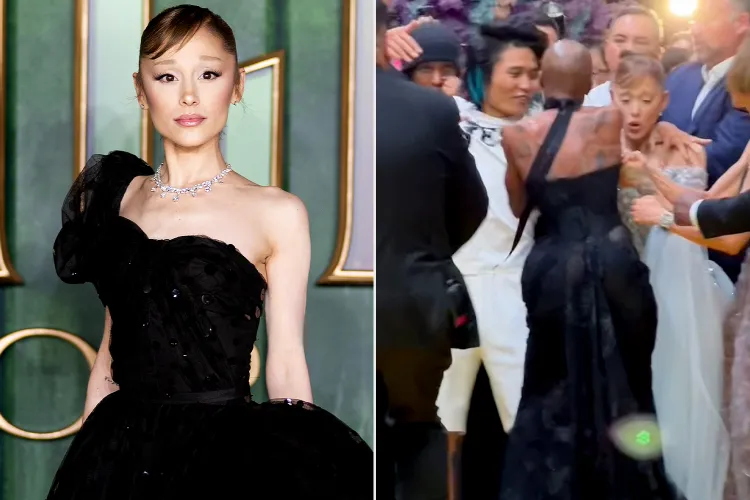
Nine days may seem brief by Western standards, but legal experts note that Singaporean law treats degrees of intent differently. Because the physical contact did not result in injury and stopped once security intervened, the case fell under mid-range penalty guidelines. Still, the sentence is jail time — not a fine, not community service — and the judgment has been interpreted as a strong public message to anyone considering future disruptions at international events.
For Ariana Grande, the moment arrives during a carefully managed and emotionally complex chapter of her career. Wicked marks her first major film role and her return to press tours after years of prioritizing music, mental health, and a more private personal life. Fans immediately recalled past trauma she has endured — including the 2017 Manchester Arena bombing, which killed 22 people during her concert. That tragedy fundamentally reshaped how she approached public appearances. For much of the late 2010s, she traveled with heightened private security, avoided large press scrums, and limited personal access during publicity events.
Her appearance in Singapore was, in many ways, a soft reopening of her willingness to participate in global premiere culture. She arrived poised, smiling, and visibly emotional as she greeted fans. She waved to large clusters of supporters who had waited hours just to see her briefly. For many, it was a milestone — evidence that she was stepping back into the brightest spotlight on her own terms.
That context is why the brief physical encounter meant more than the seconds it lasted. She did not fall. She was not injured. But her reaction — the tension in her face, the reflexive move toward a handler, the stunned composure — told its own story. The body remembers danger, even in much safer moments.
In the hours after the incident, Ariana did not release a public statement. Her team instead worked with organizers and security officials to ensure her continued safety through the remainder of the evening. She continued fulfilling her obligations, posing for cast photos and greeting select press. Those who were there said she carried on “professionally, but shaken.”
Reaction among fellow entertainers was swift. Multiple celebrities shared quiet messages of support. Event security protocols came under scrutiny online, with many fans asking how anyone got within arm’s reach. Singaporean authorities later clarified that the man had positioned himself in a vantage point where he could rush forward in a matter of seconds — something security teams attempted to correct immediately afterward by adjusting barricades and adding personnel.
As the Singapore court issued its sentencing decision, the discourse shifted from what happened to what it means. Fans and advocates stressed that this is another reminder that celebrities, particularly female performers, face unique threats in public. Even when there is no weapon or clear intent to harm, rushing or grabbing a public figure is not a harmless act — it can be terrifying, triggering and dangerous. The man did not shout. He did not carry a sign or attempt to make a political statement. He simply lunged, and for many observers, that was enough.
For Ariana, this moment also highlights the contrast between glamour and safety — between the red-carpet fantasy and the reality that even the most controlled settings are never completely risk-free. People close to her say she will continue promoting Wicked, but with tightened layers of personal protection. She has lived through far worse — and yet, incidents like this are reminders that trauma has a long memory.
It also comes at a moment when red carpet disruptions have risen globally. In recent years, multiple premieres have experienced rushes, protest interruptions, and attempted physical contact. Actors from Timothée Chalamet to Florence Pugh to Harry Styles have had unwanted encounters with fans or protesters. Many security experts argue that social media culture — where virality often rewards boundary-crossing stunts — has encouraged some individuals to cross lines that were once unthinkable.
The nine-day sentence may seem small, but in Singapore’s legal culture, it is a loud declaration: physical access without consent is a prosecutable act. If the man had attempted a similar act in the United States, the outcome could range from a trespassing citation to first-degree battery charges depending on state law. In many European countries, the charge would likely be classified as assault and could carry months of jail time.
As for Ariana, she left Singapore with both professional triumph and an unpleasant flash of unwanted reality. The Wicked promotional cycle will continue — she is expected to appear at select international premieres and prerecorded interviews leading toward the film’s theatrical release. Her performance in early screenings has been praised as “luminous,” “warm,” and “beautifully committed.” The film itself is positioned as one of the year’s major releases.
But in quiet corners of fan forums, the conversation still circles back to the moment she was grabbed — not because it defines her, but because many people who admire her feel protective. The image of her being suddenly touched by a stranger brings back years of headlines about boundaries, protection, and the vulnerability of female performers in public spaces.
That is perhaps the deeper emotional layer of the story. Ariana Grande is no stranger to chaos, tragedy, or public obsession. She has rebuilt her career and personal life more than once. She has grieved publicly and privately and returned to stages the world once feared she would never stand on again. To see her startled, even briefly, reminds audiences that vulnerability still exists under all the confidence and success. It reminds the world that behind every celebrity image, there is a person who deserves safety as much as any member of the public.
For one man, nine days in jail will end quickly. For Ariana and those who remember that brief moment of fear on an otherwise glittering night, it will fold quietly into the longer story of what it means to live, create, and move forward in a world where the spotlight never fully protects you from the crowd.
